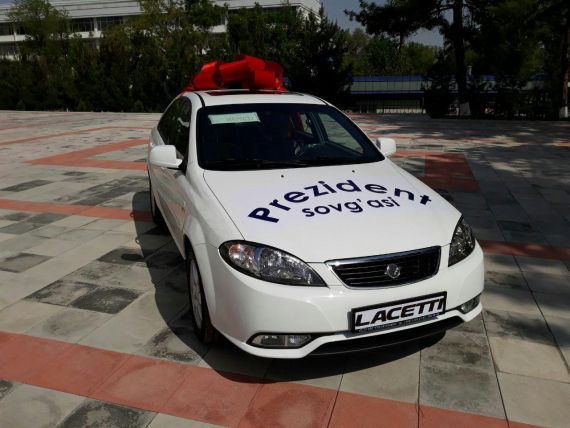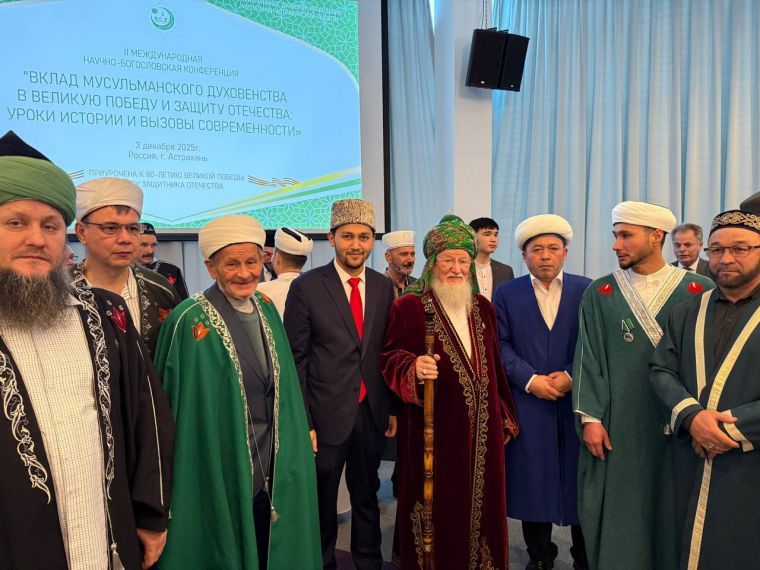Tashkent city



The final round of Republican Qur’an Competition – 2018 has been continuing for three days since April 21st. In his opening speech at the final round of the contest Usmanhan Alimov, Chairman of Muslim Board of Uzbekistan, muftiy congratulated all participants and organizers for the blessing path they have gone through. “People who learn and listen to Qur’an always stay spiritually and morally fit as Qur’an guides only to true path by soothing hearts and making people reflect”.
Earlier to the final round Hasanhon Abdulmajidov, Chairman of Contest Judges Board that muftiy presented privilege to people with disabilities to participate in the final round even though they were not able to get the first place in the previous stage.
Participants got even more excited when they heard about outstanding news. The only winner who receives highest score will receive the President Sh. Mirziyoyev’s automobile gift and all other participants who takes the first places in various nominations will receive three Umrah travel packages: one package for the winner and two other packages for the winners parents. It must be noted that such a high attention to participants has never been observed in Qur’an Competition history. Even though Qur’an learners are always respected among us, as muslims we strongly believe that the greatest reward for Qur’an readers is in the Hereafter.

The II International Scientific-Religious Conference titled “The Contribution of the Muslim Ummah to the Great Victory and the Defense of the Homeland” was held in Astrakhan. A representative of the Muslim Board of Uzbekistan, Ibrohimjon Inomov, took part in the event.
The forum was organized within the framework of the 80th Anniversary of Victory and the “Year of Homeland Defenders.”
During the conference, Ibrohimjon Inomov met with the Chairman of Russia’s Central Muslim Religious Administration, Mufti Talgat Tadzhuddin.

